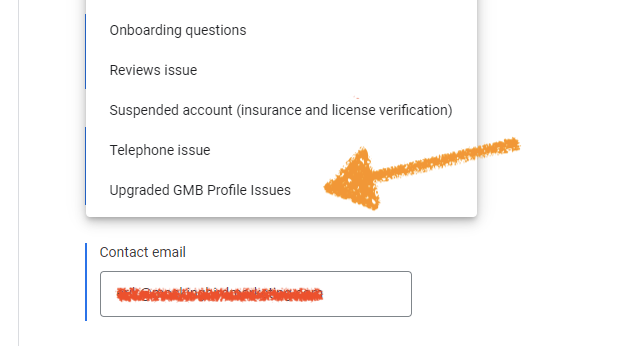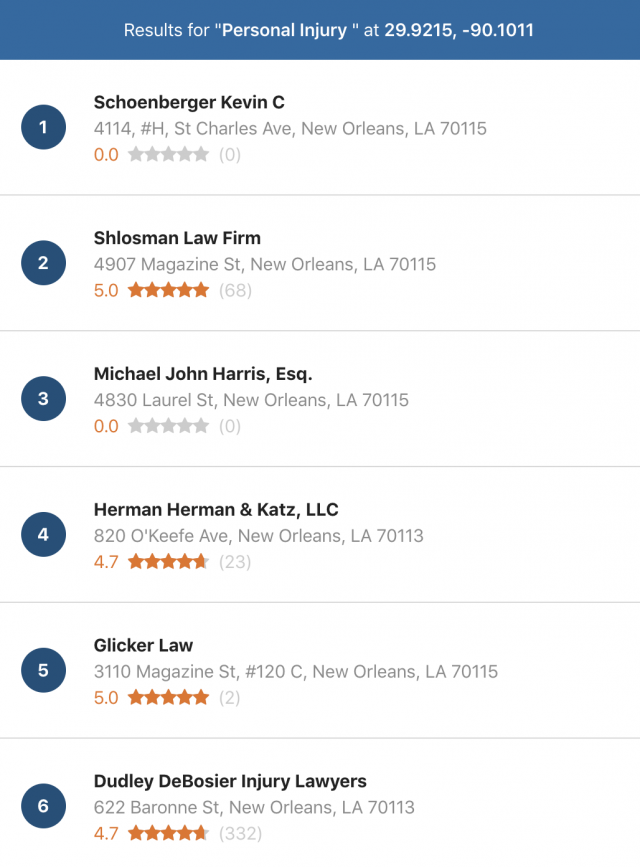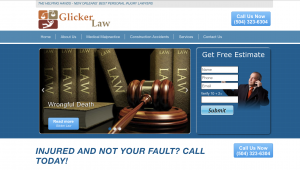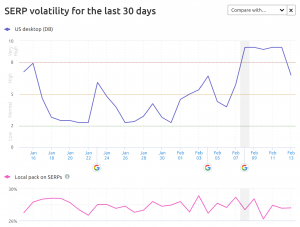Running a business online can feel like trying to cook with multiple burners. There’s a lot to keep track of and if you forget about one aspect you might burn the house down. This stress is understandable, but not necessary.
Get ready for a metaphor that, quite literally, sucks. A well kept online presence is more like having an army of Roombas (not sponsored): you can keep an eye on them doing their own thing, help out when one gets stuck under the couch, and end up with a clean house. But the first step is making sure the Roombas are set up correctly. In this metaphor, the Roombas are your various directory listings. Now you just need to know how to set them up.
Step 1: Claim Your Listing
Many directories offer free listings, you just need to claim your business. Many directories also offer paid options for free listings. This would allow you to make sure that your competitors aren’t advertising on your listing. Depending on how competitive your market is, you might not need to pay extra for this.
Step 2: Enter Your Business Information
We’ve talked about NAP consistency before, but for the newcomers, NAP stands for “Name, Address, Phone number.” NAP consistency refers to the practice of making sure your business details stay the same across all of your listings. You don’t want a client finding one address on Yelp and another on Google. There are plenty of services that offer consistency checks; reviewing all listings and citations to ensure everything is up to par. Having inconsistent NAP can be damaging to a business, but is remediable.
Step 3: Add a Description
Your business description is the place for you to stand out and employ keywords. If you are locally owned, LGBTQ+ friendly, women-led, Spanish speaking, or anything else that makes you stand out in your field, use it. Make sure your description outlines what your firm does, its practice areas, and what sets it apart.
Step 4: Add Photos
Adding photos to a listing helps to prove legitimacy. Adding high-quality photos helps to prove professionalism. This is one reason why it’s always worth it to get a professional photographer to get high-quality photos of the firm, location, and lawyers for both the website and the listings.
Step 5: Set Up Reviews
Reviews are vital for your online reputation. Bad reviews can tank leads, and good reviews can get them flowing. This is why it’s important to keep them active and keep them monitored.
Step 6 (optional): Find a Monitoring Company
Why waste your time micromanaging your listings when you can pay professionals to manage them for you? There are a number of agencies that provide this service, but if I might be biased in suggesting Mockingbird’s Nest service for local SEO.
Keeping up with all of your listings can be difficult, but it doesn’t have to be. When you set up your online presence correctly, managing it is less of a chore. If you want to learn more about local SEO, contact Mockingbird.









